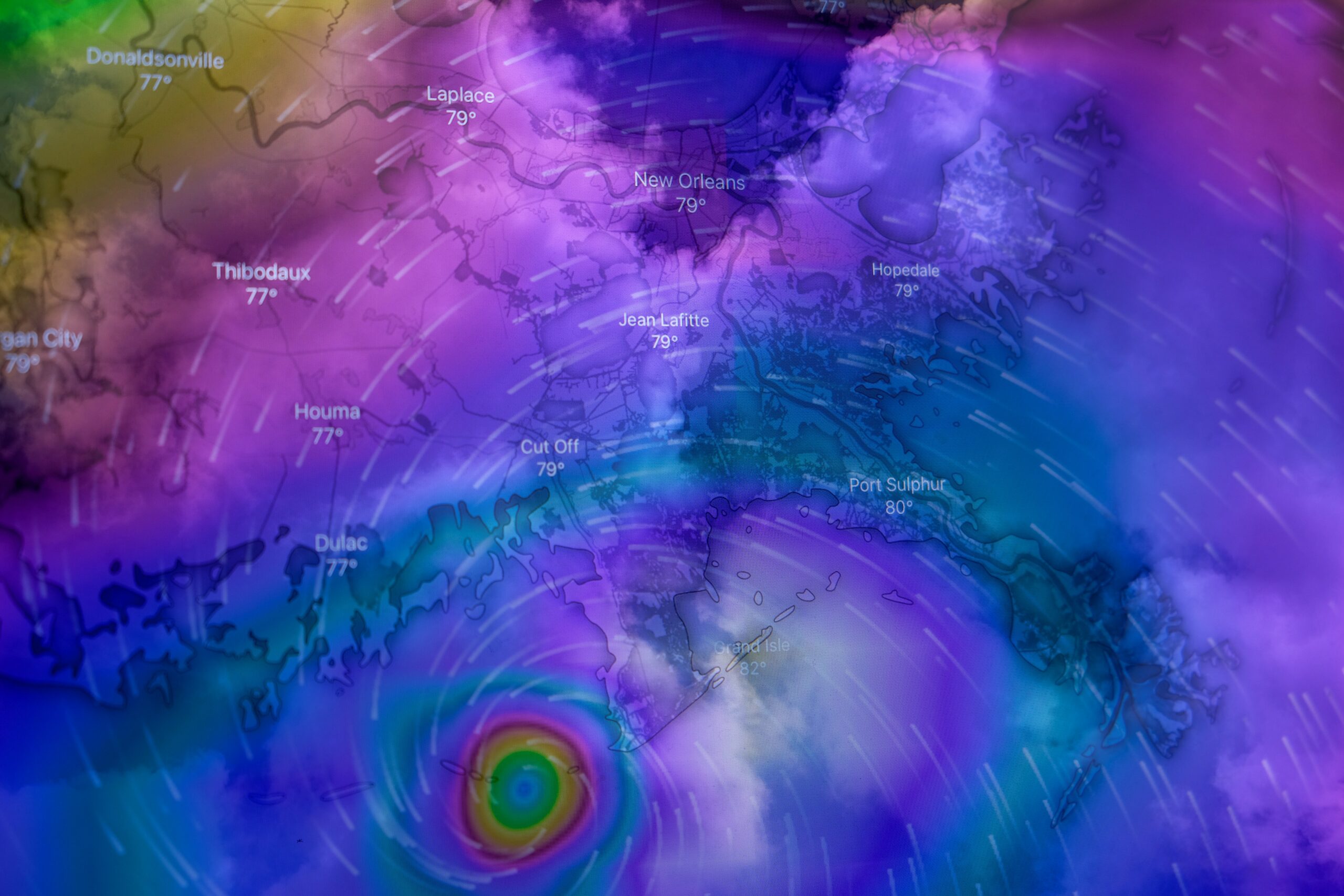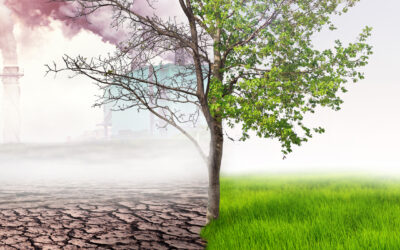One of my favorite global warming denier talking points is that “you can’t predict the weather!” OK, yes, it’s true: long-term weather forecasting is basically impossible because of sensitive dependence on initial conditions, aka the Butterfly Effect.
To summarize the problem, (though you should really read James Gleick’s 1988 masterpiece Chaos: Making a New Science) in the 1950’s, a former Army forecaster turned his attention away from near-term meteorology and toward long-term predictions using the new-fangled technology of computers. He figured you plug in the known equations, let it run for a while, and the model spits out an easily repeatable, verifiable result.
What he discovered instead is that, even when he used the simplest set of equations and initial assumptions representing the earth’s atmosphere, he couldn’t predict the results. That is, even though he fed relatively simple information into his computer – this was a time when computers were room-sized and had fewer capabilities than your coffee machine – there was no way to predict the outcome because tiny differences (on the order of a thousandth decimal place) in the initial parameters had a drastic impact on the final result.
And so we can’t tell for sure whether it’ll be partly cloudy or moderately snowy on May 14, 2047 in Des Moines, Iowa because the earth’s atmosphere behaves non-linearly. This dynamicism is the bane of long-term weather forecasting, and is used by meteorologist hacks (some of the most vociferous deniers are meteorologists) to claim that we don’t need to take action to stop emitting greenhouse gases since we have no idea what the weather will be like, anyway.
To which your intelligent response should be: Fine, nobody is suggesting that we’re predicting the weather. We are talking about the earth’s climate, something very different from whether you need a raincoat or a t-shirt tomorrow.
The earth’s climate can be reasonably predicted: we know, with extremely high probability, that June in New York City is going to be much, much warmer than December, and that this general, broad truth will hold for 2011, 2012, and into the future. This is the earth’s climate in action. And we’re changing it by putting lots of heat-trapping gas molecules into the atmosphere.
The scary part is that the climate itself is non-linear, and a big concern of scientists is that we may shift our climate system into a completely different state. Enough high latitude warming of the Atlantic ocean, for instance, may cause the “conveyer belt” that moves warm water towards Europe to turn off or reverse. Suddenly, Europe’s climate would look a lot like it did during the last ice age, which means, if you don’t recall, glaciers over most of Northern Europe and North America.
Is it a given that the effects of global warming will be overwhelmingly negative, or do we know, exactly, what the climate will look like in another phase state? No, we don’t. That we cannot know what effects, what changes we’re inflicting on ourselves is precisely the problem. Our earth is a system highly dependent on initial conditions, and we humans have taken it upon ourselves to run a giant, global experiment where we change all of those conditions, all at the same time. I’d rather leave such experiments with the butterflies.
Brought to you by terrapass.com
Featured image








